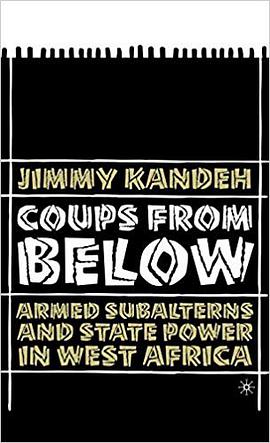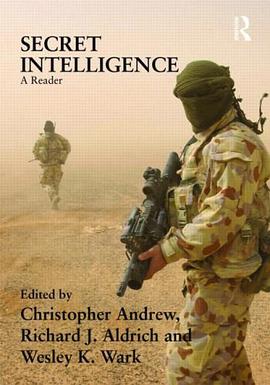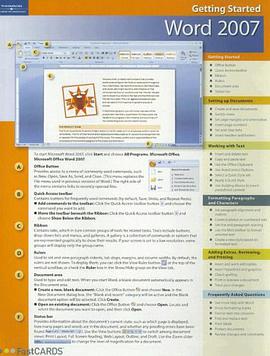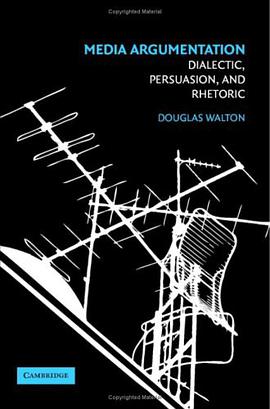

Party Influence in Congress challenges current arguments and evidence about the influence of political parties in the U.S. Congress. Steven S. Smith argues that theory must reflect policy, electoral, and collective party goals. These goals call for flexible party organizations and leadership strategies. They demand that majority party leaders control the flow of legislation; package legislation and time action to build winning majorities and attract public support; work closely with a president of their party; and influence the vote choices for legislators. Smith observes that the circumstantial evidence of party influence is strong, multiple collective goals remain active ingredients after parties are created, party size is an important factor in party strategy, both negative and positive forms of influence are important to congressional parties, and the needle-in-the-haystack search for direct influence continues to prove frustrating.
具體描述
讀後感
評分
評分
評分
評分
用戶評價
相關圖書
本站所有內容均為互聯網搜索引擎提供的公開搜索信息,本站不存儲任何數據與內容,任何內容與數據均與本站無關,如有需要請聯繫相關搜索引擎包括但不限於百度,google,bing,sogou 等
© 2025 qciss.net All Rights Reserved. 小哈圖書下載中心 版权所有




















